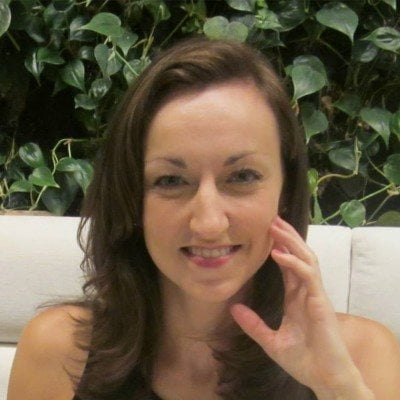Today we continue our tribute to the remarkable grassroots organizations that have used AJWS’s support to respond to the Ebola crisis in Liberia. This installment highlights groups helping to heal the emotional wounds in the wake of this historic outbreak. Click to read our first story and photo essay about organizations that helped halt Ebola.
As the Liberia outbreak began to ebb in early 2015, AJWS recognized an emerging, urgent need to assist the thousands of people who have been deeply traumatized by Ebola—especially survivors and those who lost loved ones. Many survivors returned from their horrible ordeal and weeks of treatment only to be shunned by their families and communities, evicted by their landlords, and fired by their employers—all of whom were afraid they’d catch the disease. The results of the deep stigma being placed on survivors and those who helped care for the sick have been loneliness, depression and sometimes even suicide—creating a kind of “post-crisis crisis” that has threatened the nation’s ability to heal.
Repairing the social fabric of a nation ravaged by outbreak
To help Liberians mend the psychological wounds Ebola inflicted, AJWS reached out to a Liberian organization that has been supporting communities touched by crisis for nearly two decades: Trauma Healing and Reconciliation Program (THRP). Drawing upon their extensive experience working with survivors of Liberia’s 14 years of civil war, THRP trained other local organizations—many of them AJWS grantees—to provide psychosocial support to people struggling to cope with the after-effects of Ebola.
“Our goal is to help people…live with [the] memory [of the virus] and do something to move on with life,” said Abel Learwellie, a research and documentation officer at THRP. According to Abel, THRP trained local groups to provide “psychological first aid.”
Bassa Women’s Development Association (BAWODA)—which empowers women to become leaders—was one of these groups. With hundreds of members based in towns and villages across Grand Bassa County—the site of nearly 200 Ebola cases and scores of Ebola deaths—BAWODA had the personal connections with communities necessary to carry out this sensitive work.
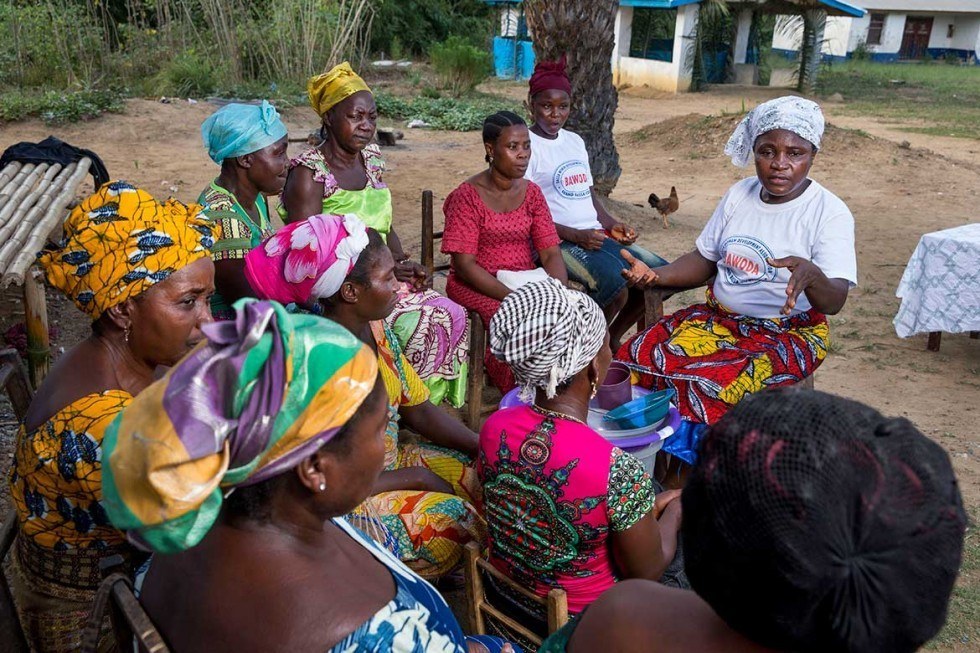
THRP trained BAWODA staff to deliver psychosocial support to men, women and children touched by Ebola. Armed with the skills and knowledge needed to provide comfort in times of grief, BAWODA, in turn, trained community leaders in hard-hit areas to counsel grieving family members and Ebola survivors.
Martha Karnga, the Executive Director of BAWODA, recently recalled the story of one district of Grand Bassa County where 32 people died of Ebola. As soon as BAWODA learned of the tragedies, they summoned two community leaders to their headquarters in the county capital of Buchanan for a training to learn how to address the pain and suffering their community was experiencing. “[The leaders] went back and now they are supporting their people,” Martha said.
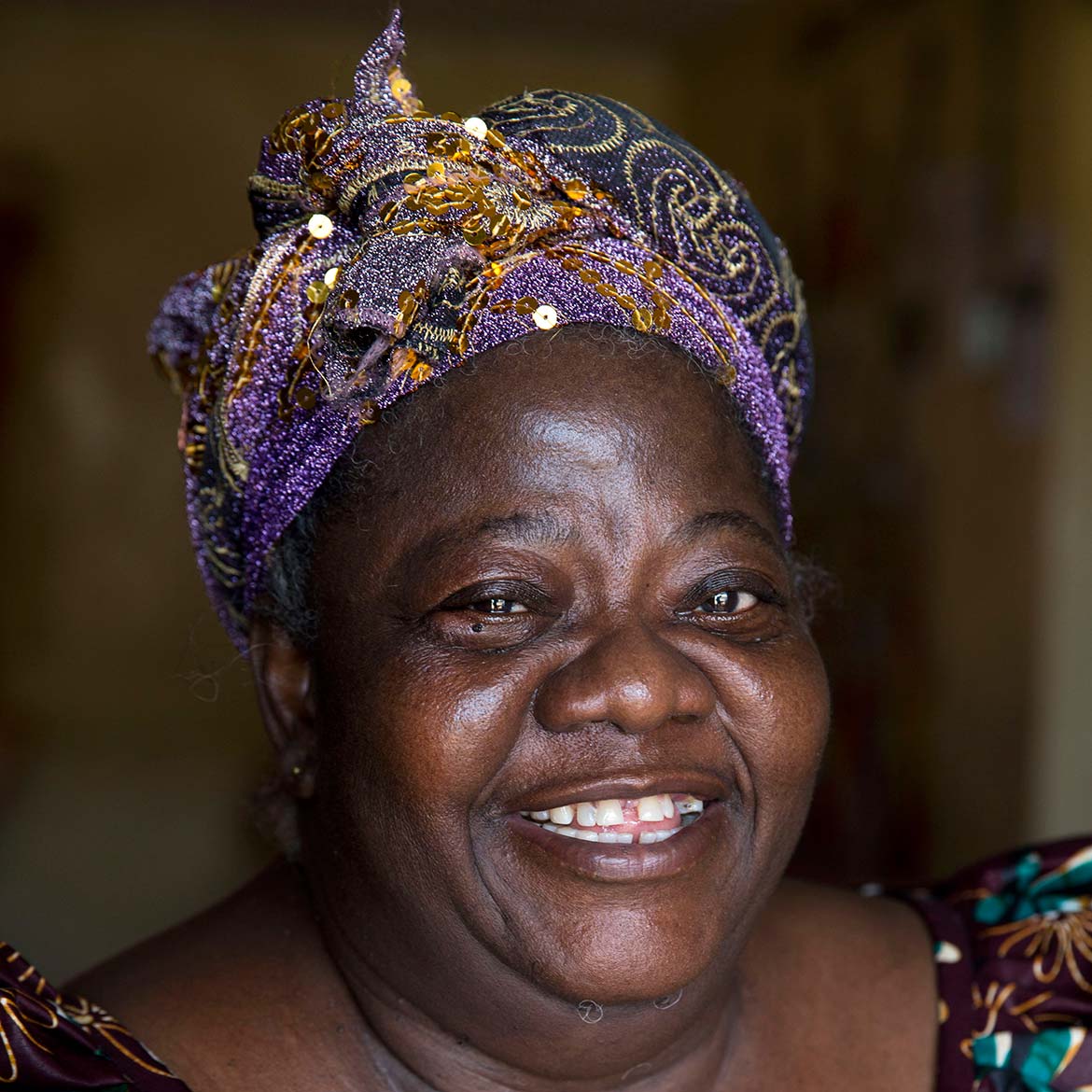
BAWODA staff also directly counseled people who survived Ebola or lost relatives to the virus.
“[BAWODA] would be talking to me, taking care of me, saying I must not worry,” said Rebecca Nurse, whose husband died of Ebola in September 2014. “People would call me on the phone [and] visit me at my house…It made me happy because they really care for me, they got a feeling for me.”
Rebecca’s story of loss
A 43-year-old mother of seven, Rebecca lost both her husband, Ocampo, and their two-year-old daughter, Mary, during the epidemic. Ocampo died of Ebola, but the exact cause of Mary’s death remains unknown.
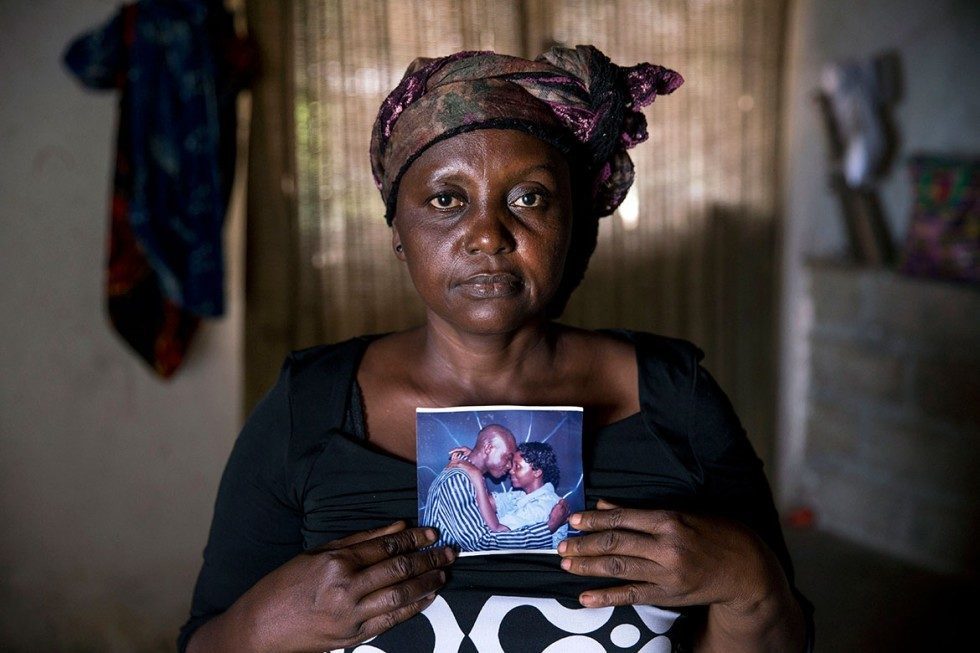
The family’s story of loss began in August 2014, when Ocampo’s friend Sam travelled to Buchanan to visit family and friends. When Sam arrived at Rebecca and Ocampo’s home, he told them that he had shared a taxi with two sick men, one of whom died along the way.
Rebecca was concerned that Sam’s travel companions may have had Ebola, which spreads through direct contact with the bodily fluids of an infected person. “I asked my husband…‘Did you touch Sam?’…and he said ‘Yes,’” she recalled.
Sadly, Sam fell ill shortly after his trip and was brought to the Ebola Treatment Unit (ETU) at ELWA Hospital in Monrovia, the national capital, where he tested positive for the virus and later died.
Unbeknownst to Rebecca, while Sam was undergoing treatment, Ocampo regularly visited Sam’s wife and son to ensure that they were faring okay. When they began exhibiting Ebola symptoms, Ocampo brought them food and medicine until they could be brought to an ETU in Monrovia, where they also died. Not long after the tragedies, Ocampo himself became sick.
Rebecca first learned of her husband’s well-intentioned deeds at Catholic Hospital in Buchanan. When medical workers asked him about any recent contact with the sick, Ocampo relayed the story of Sam’s family and his role in helping them.
On September 19, 2014, doctors at Catholic Hospital sent Ocampo to the ETU at ELWA. He died in the treatment unit the same day. Rebecca was placed under a 21-day quarantine at Catholic Hospital, while her seven children were quarantined in the family home. During the quarantine period, Mary—Rebecca’s youngest daughter—got sick and passed away. Though her illness was presumed to be Ebola, Mary’s blood was never tested, leaving the cause of her death unconfirmed.
From heartache to hope
When Rebecca was released from quarantine in October 2014, her in-laws welcomed her home with her children. But in mid-2015, they had a change of heart.
“One day, I found a dead chicken under my bed…so I threw it away,” explained Rebecca. The chicken was regularly seen in the yard of her in-laws home, but would sometimes sneak inside the house. When Rebecca found it in her room, she assumed it had made its way inside and died of natural causes. But not long after the incident, Rebecca’s sister-in-law became suspicious and approached her. “She came to me and said ‘How come you didn’t tell me about the chicken? You must have also killed my brother.’”
Rebecca’s in-laws accused her of using witchcraft to kill the chicken. Concluding that she did the same to Ocampo, they threw her out of the house with her children. Sadly, Rebecca was not the only person to face such false accusations during the crisis. Many blamed witchcraft for the deaths caused by Ebola—a disease that, for most, was otherwise inexplicable.
With no place to call home, Rebecca and her six living sons and daughters were forced to scatter. She and two of the children moved in with a relative in Buchanan; the remaining four children now live with different friends and relatives in Grand Bassa County. The separation has been hard on Rebecca, but with the help of her siblings—including a brother who opened his home to her—and BAWODA, she is carrying on.
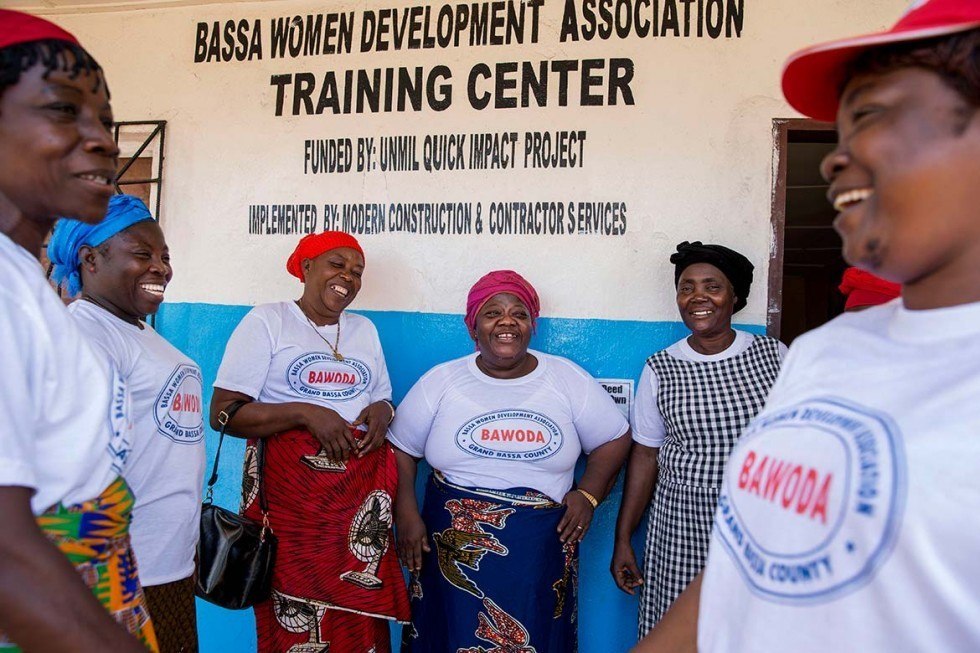
“I’m not working now,” she said. “I used to sell [fish in the market], but I was sick [with malaria] for almost two months…I’m just coming to myself now…[and] I want to get back on my feet.”
While there are no guarantees for Rebecca’s future, she has two things going for her: Brothers and sisters who love her, and people like Martha Karnga from BAWODA, who continue to encourage her.
“BAWODA says I must get on my feet,” Rebecca said hopefully. “They say I must just ask God for a long life, for my children to go to school and learn…[Because] worrying will not bring my husband back.”
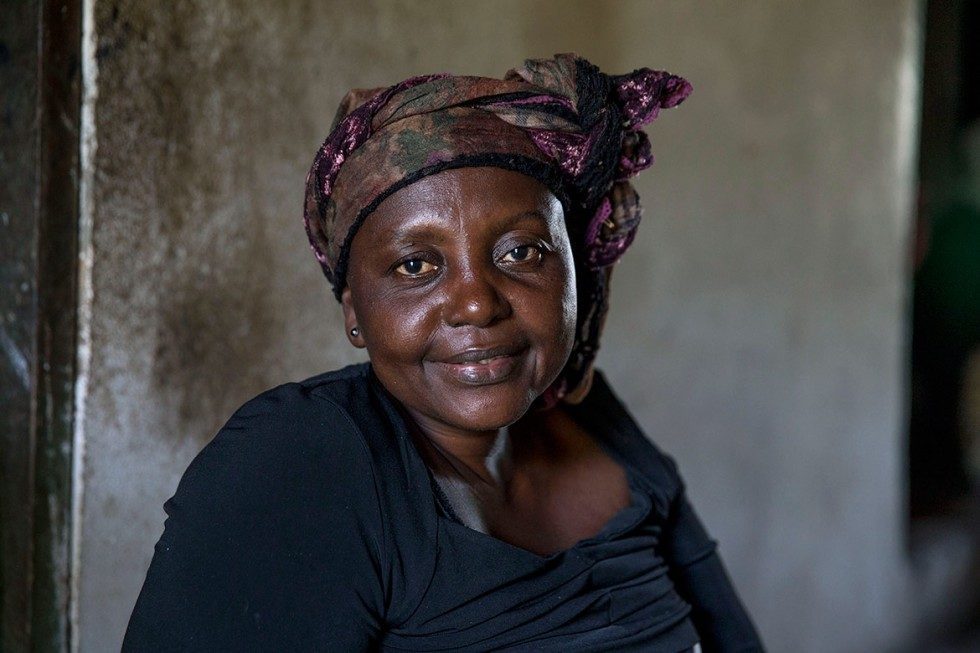
Photos by Jonathan Torgovnik.
AJWS’s work in countries and communities changes over time, responding to the evolving needs of partner organizations and the people they serve. To learn where AJWS is supporting activists and social justice movements today, please see Where We Work.

